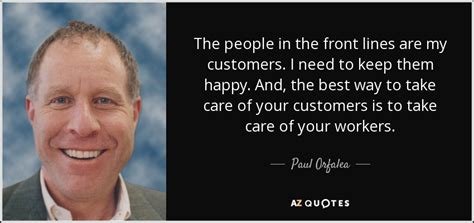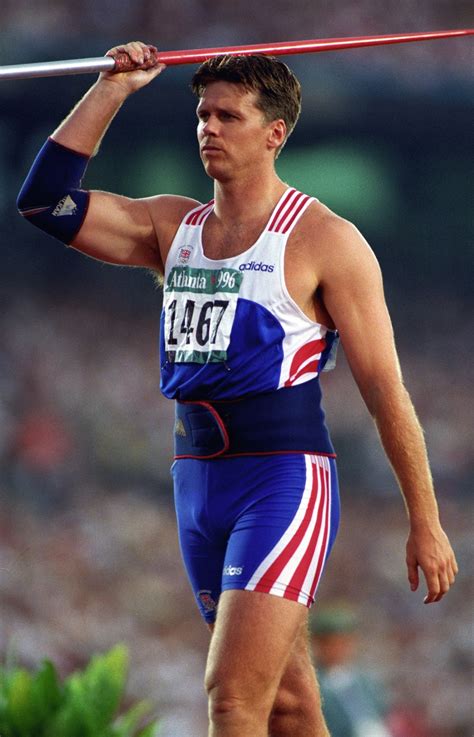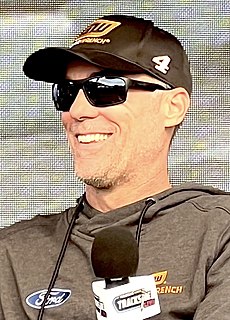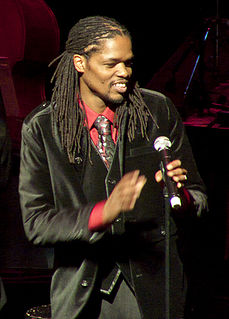A Quote by Greg Jackson
I always look at things as, instead of a problem, how is this an opportunity?
Related Quotes
Don't criticize, condemn or complain. Constantly criticizing, condemning and complaining is what breaks most relationships. Instead of criticizing and condemning, figure out how you can solve the problem together. Instead of focusing on blaming the other person for what they did wrong, focus on how you can avoid the problem next time.
Look at all the things that can go wrong for men. There’s the nothing-happening-at-all problem, the too-much-happening-too-soon problem, the dismal-droop-after-a-promising-beginning problem; there’s the size-doesn’t-matter-except-in-my-case problem, the failing-to-deliver-the-goods problem…and what do women have to worry about? A handful of cellulite? Join the club. A spot of I-wonder-how-I-rank? Ditto.
If we want to impact hundreds - or millions - of people, we have to do things differently. If we look at the problem as an infrastructural problem, we cannot make an impact because it requires a lot of effort. But when we convert this problem into a knowledge problem, suddenly the problem is manageable.
That's what the Romney plan is all about, how to get jobs created, how to get this debt and deficit under control, how to revive small businesses so we can create jobs, and how to bring growth and opportunity to society instead of this class warfare, instead of speaking to people like they're stuck in some class or station in life.
I think when you have kids, it definitely makes you look at things from a different perspective, but I think that the biggest thing it's done is it's made me look at things from a different perspective from a professional standpoint in how you analyze things and how you look at things and how you react to things.
How hard is it to build an intelligent machine? I don't think it's so hard, but that's my opinion, and I've written two books on how I think one should do it. The basic idea I promote is that you mustn't look for a magic bullet. You mustn't look for one wonderful way to solve all problems. Instead you want to look for 20 or 30 ways to solve different kinds of problems. And to build some kind of higher administrative device that figures out what kind of problem you have and what method to use.






































